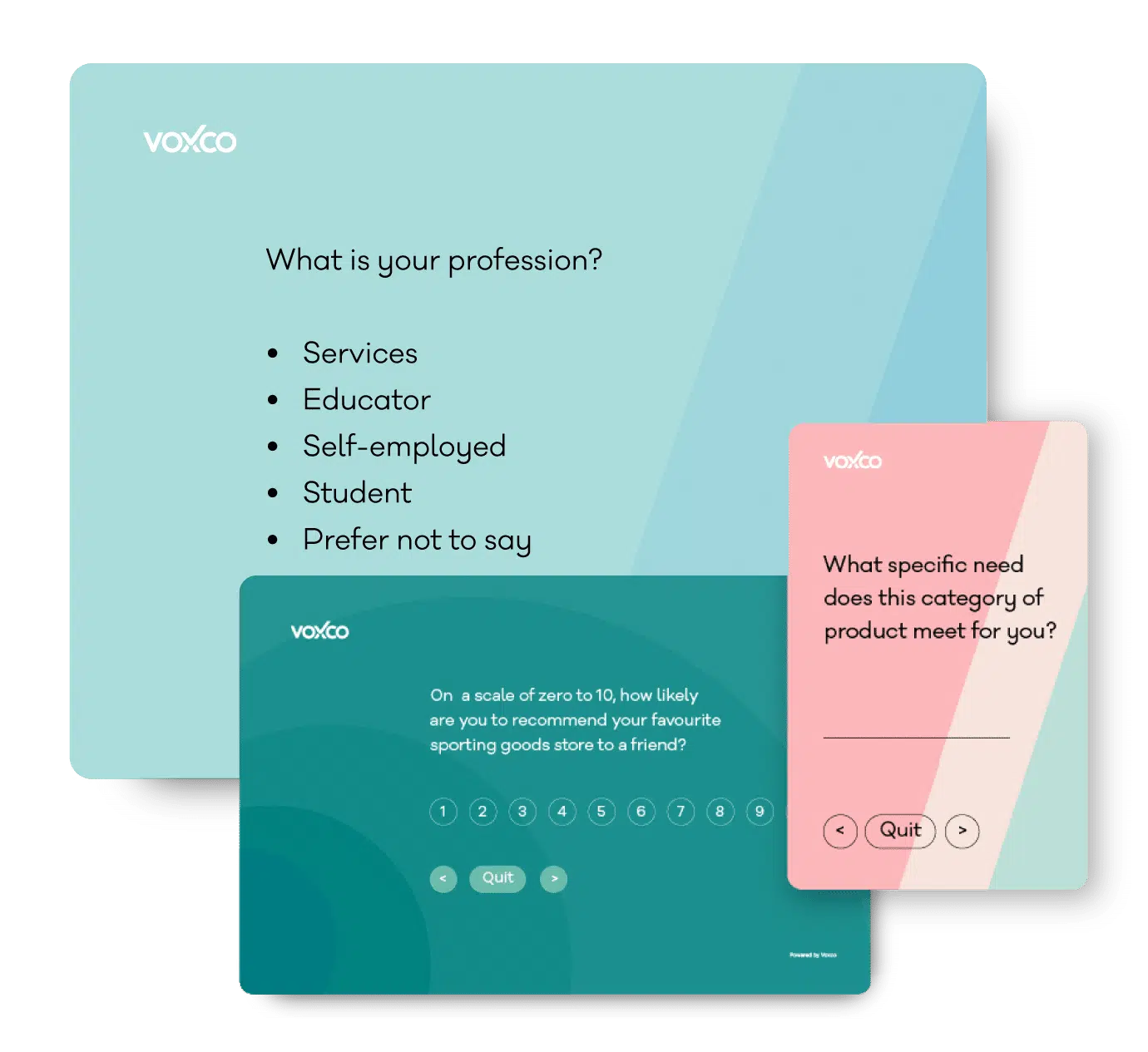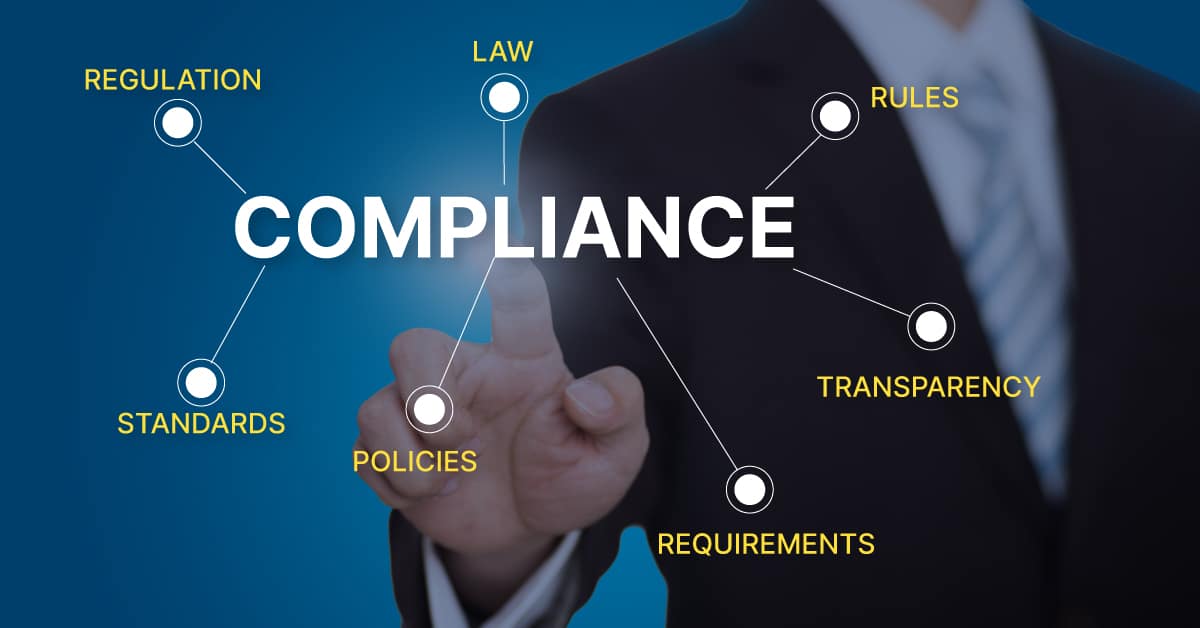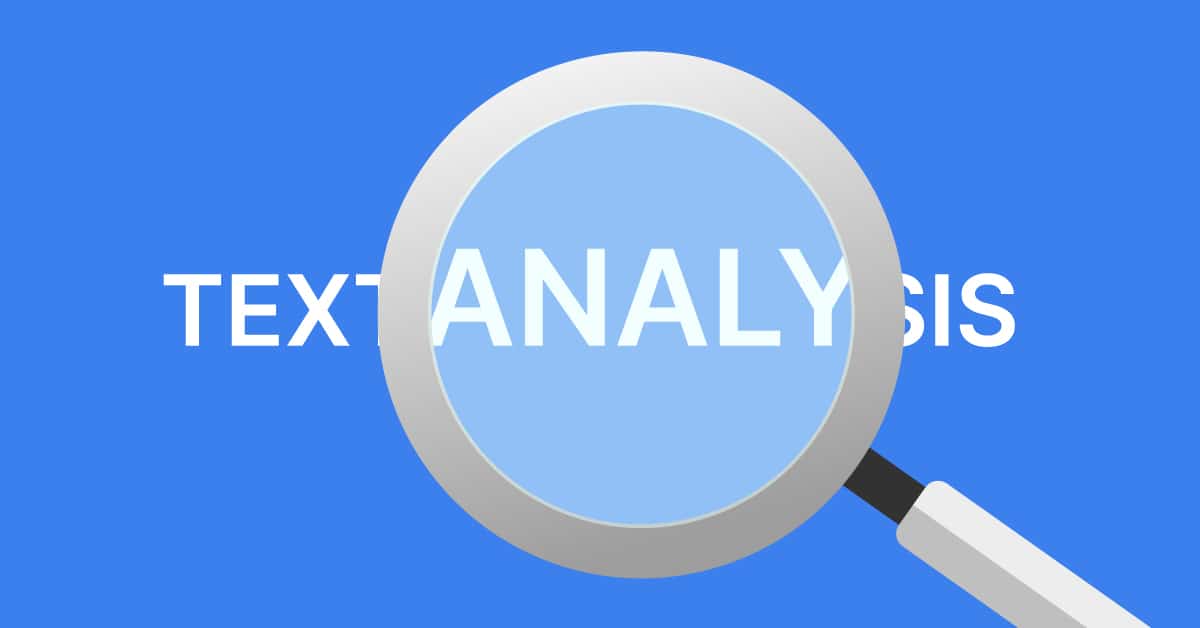Good customer service: Definition and ways to achieve it
Good customer service: Definition and ways to achieve it SHARE THE ARTICLE ON Share on facebook Share on twitter Share on linkedin Table of Contents

Find the best survey software for you!
(Along with a checklist to compare platforms)
Take a peek at our powerful survey features to design surveys that scale discoveries.
Explore Voxco
Need to map Voxco’s features & offerings? We can help!
Find the best customer experience platform
Uncover customer pain points, analyze feedback and run successful CX programs with the best CX platform for your team.

We’ve been avid users of the Voxco platform now for over 20 years. It gives us the flexibility to routinely enhance our survey toolkit and provides our clients with a more robust dataset and story to tell their clients.
Steve Male
VP Innovation & Strategic Partnerships, The Logit Group
Explore Regional Offices

Find the best survey software for you!
(Along with a checklist to compare platforms)
Take a peek at our powerful survey features to design surveys that scale discoveries.
Explore Voxco
Need to map Voxco’s features & offerings? We can help!
Find the best customer experience platform
Uncover customer pain points, analyze feedback and run successful CX programs with the best CX platform for your team.

We’ve been avid users of the Voxco platform now for over 20 years. It gives us the flexibility to routinely enhance our survey toolkit and provides our clients with a more robust dataset and story to tell their clients.
Steve Male
VP Innovation & Strategic Partnerships, The Logit Group
Explore Regional Offices

Find the best survey software for you!
(Along with a checklist to compare platforms)
Take a peek at our powerful survey features to design surveys that scale discoveries.
Explore Voxco
Need to map Voxco’s features & offerings? We can help!
Find the best customer experience platform
Uncover customer pain points, analyze feedback and run successful CX programs with the best CX platform for your team.

We’ve been avid users of the Voxco platform now for over 20 years. It gives us the flexibility to routinely enhance our survey toolkit and provides our clients with a more robust dataset and story to tell their clients.
Steve Male
VP Innovation & Strategic Partnerships, The Logit Group
Explore Regional Offices

See what question types are possible with a sample survey!
SHARE THE ARTICLE ON
Compliance is the state of being in accordance with the applicable laws and regulations. There are a lot of laws that contact centers need to be in compliance with, forcing these centers to alter certain processes and systems. However, there are some laws that only apply to call centers in certain industries or locations.
Get a free demo with our call center experts. See what Voxco can do for you!

As contact centers deal with personal information regarding their customers, they must place high importance on data security. If the right measures are not taken, contact centers can risk agent fraud and/or data breaches. A lack of compliance within contact centers can cost the business a lot of money.
The following are a few risks of lack of compliance in contact centers:
See what question types are possible with a sample survey!
The following are some of the consent acts that contact centers must be aware of
DNC is one of the most well-known regulations and it gives consumers a way to easily opt-out of receiving telemarketing calls. The fine for non-compliance of DNC tends to be very high, hence contact centers must be aware of DNC.

Text analytics can be used to track, record, and assure compliance. Contact centers can use text analytics software to automatically listen to every call, transcribe it, and then automatically score it.
Text Analytics can be used to identify when agents use words or phrases which should have been avoided and can identify the failure of agents to adhere to scripts. Calls that represent risk can be automatically tagged with violations that they represent. Additionally, compliance risk scores can be given, ensure that agents review their performance and make improvements when they have made a violation.

Regulatory compliance requirements keep increasing and becoming more complex. In order to keep track of these regulations and remain compliant with the law, these are a few tools contact centers can use:
Softwares such as Voxco CATI Survey Software and Voxco Dialer, allow you to record partial or full interviews and even monitor live calls. This software allows the recording to be paused when sensitive information is being shared. Additionally, with Voxco IVR Survey Software, you can have access to “Privacy mode” which can be used for sensitive questions. When switched to privacy mode, the line is transferred back to the respondent for self-completion, and then transferred back to the agent who will not be able to see their private answers.
A QA scorecard is a rubric by which an agent’s interaction with a customer is graded. As discussed above, speech/text analytics can be used to score an agent’s interaction and provide a clear outline as to where the problem lies and how they can improve.
Contact centers must ensure the implementation of security policies within their organization in order to ensure compliance. For instance, employees must not be allowed to use personal devices for work as the threat of a breach is high when they do so.
Read more
Good customer service: Definition and ways to achieve it SHARE THE ARTICLE ON Share on facebook Share on twitter Share on linkedin Table of Contents

Improving Customer Loyalty: How an impactful Customer Experience Strategy can help? Try a free Voxco Online sample survey! Unlock your Sample Survey SHARE THE ARTICLE

Qualitative Research Methodology: Definition, Types, and examples SHARE THE ARTICLE ON Table of Contents A qualitative research methodology is a dynamic approach that allows you

Top 15 Employee Experience Survey Questions for 2024 SHARE THE ARTICLE ON Table of Contents Employee engagement is a journey that impacts the health of

What is Quantitative Research? Voxco is trusted by 450+ Global Brands in 40+ countries See what question types are possible with a sample survey! Try

How to Calculate Customer Lifetime from Churn Rate? SHARE THE ARTICLE ON Table of Contents Customer Lifetime Value is a straightforward method for assessing the
We use cookies in our website to give you the best browsing experience and to tailor advertising. By continuing to use our website, you give us consent to the use of cookies. Read More
| Name | Domain | Purpose | Expiry | Type |
|---|---|---|---|---|
| hubspotutk | www.voxco.com | HubSpot functional cookie. | 1 year | HTTP |
| lhc_dir_locale | amplifyreach.com | --- | 52 years | --- |
| lhc_dirclass | amplifyreach.com | --- | 52 years | --- |
| Name | Domain | Purpose | Expiry | Type |
|---|---|---|---|---|
| _fbp | www.voxco.com | Facebook Pixel advertising first-party cookie | 3 months | HTTP |
| __hstc | www.voxco.com | Hubspot marketing platform cookie. | 1 year | HTTP |
| __hssrc | www.voxco.com | Hubspot marketing platform cookie. | 52 years | HTTP |
| __hssc | www.voxco.com | Hubspot marketing platform cookie. | Session | HTTP |
| Name | Domain | Purpose | Expiry | Type |
|---|---|---|---|---|
| _gid | www.voxco.com | Google Universal Analytics short-time unique user tracking identifier. | 1 days | HTTP |
| MUID | bing.com | Microsoft User Identifier tracking cookie used by Bing Ads. | 1 year | HTTP |
| MR | bat.bing.com | Microsoft User Identifier tracking cookie used by Bing Ads. | 7 days | HTTP |
| IDE | doubleclick.net | Google advertising cookie used for user tracking and ad targeting purposes. | 2 years | HTTP |
| _vwo_uuid_v2 | www.voxco.com | Generic Visual Website Optimizer (VWO) user tracking cookie. | 1 year | HTTP |
| _vis_opt_s | www.voxco.com | Generic Visual Website Optimizer (VWO) user tracking cookie that detects if the user is new or returning to a particular campaign. | 3 months | HTTP |
| _vis_opt_test_cookie | www.voxco.com | A session (temporary) cookie used by Generic Visual Website Optimizer (VWO) to detect if the cookies are enabled on the browser of the user or not. | 52 years | HTTP |
| _ga | www.voxco.com | Google Universal Analytics long-time unique user tracking identifier. | 2 years | HTTP |
| _uetsid | www.voxco.com | Microsoft Bing Ads Universal Event Tracking (UET) tracking cookie. | 1 days | HTTP |
| vuid | vimeo.com | Vimeo tracking cookie | 2 years | HTTP |
| Name | Domain | Purpose | Expiry | Type |
|---|---|---|---|---|
| __cf_bm | hubspot.com | Generic CloudFlare functional cookie. | Session | HTTP |
| Name | Domain | Purpose | Expiry | Type |
|---|---|---|---|---|
| _gcl_au | www.voxco.com | --- | 3 months | --- |
| _gat_gtag_UA_3262734_1 | www.voxco.com | --- | Session | --- |
| _clck | www.voxco.com | --- | 1 year | --- |
| _ga_HNFQQ528PZ | www.voxco.com | --- | 2 years | --- |
| _clsk | www.voxco.com | --- | 1 days | --- |
| visitor_id18452 | pardot.com | --- | 10 years | --- |
| visitor_id18452-hash | pardot.com | --- | 10 years | --- |
| lpv18452 | pi.pardot.com | --- | Session | --- |
| lhc_per | www.voxco.com | --- | 6 months | --- |
| _uetvid | www.voxco.com | --- | 1 year | --- |